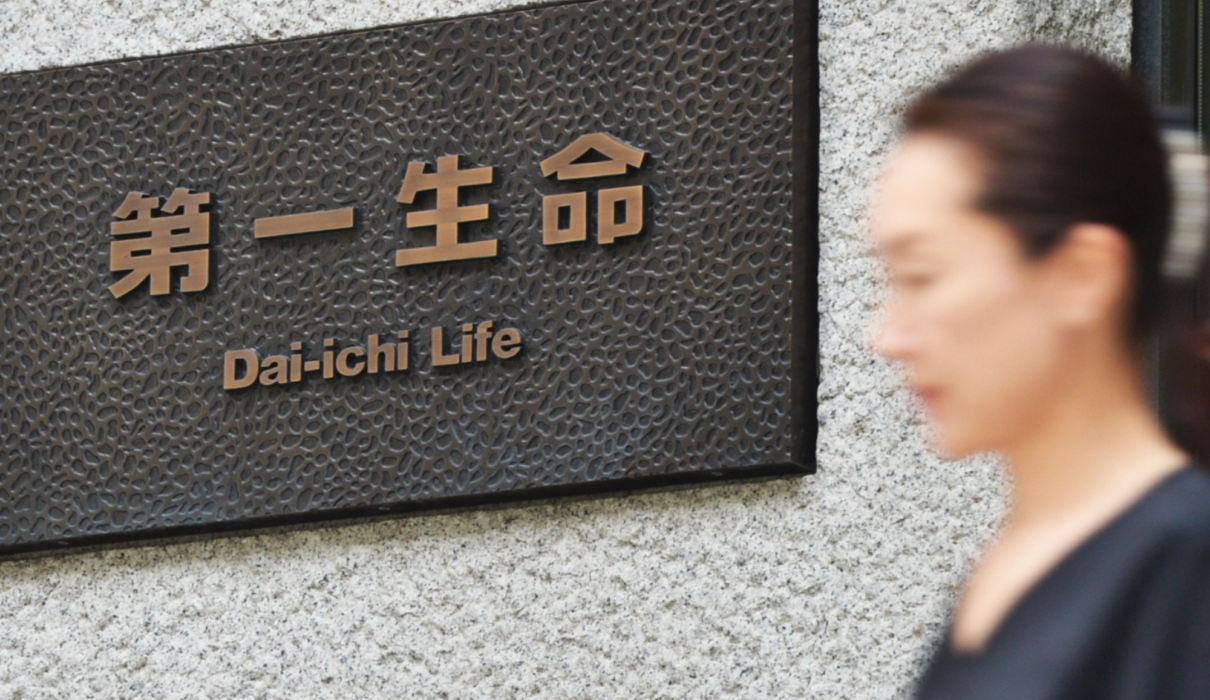Dai-ichi Life Insurance Company, one of Japan’s leading life insurers, has entered into a landmark partnership with UK-based asset management firm M&G plc, acquiring a 15% stake worth approximately $8 billion. This strategic alliance marks a pivotal move for both companies as they look to enhance their positions in international markets.
As part of the strategic arrangement, Dai-ichi Life will acquire shares of M&G on the open market, positioning itself as the firm’s largest individual stakeholder. The deal will unlock significant new business potential for both firms. Dai-ichi expects to channel $6 billion into M&G-managed investment funds over the next five years, focusing on high-margin, actively managed strategies. In return, M&G will assist Dai-ichi with $2 billion in flows toward global asset solutions.
More than just capital, this partnership is about distribution, product innovation, and mutual market access. M&G will become the preferred investment partner for Dai-ichi in Europe, while Dai-ichi’s network will offer M&G entry into Japan and wider Asian markets.
Executives from both sides emphasized the transformational nature of the deal. “This partnership marks a major leap forward in advancing our international growth agenda,” remarked Andrea Rossi, CEO of M&G. “We gain valuable exposure to the Japanese investor base, and the opportunity to co-create advanced asset solutions.”
Tetsuya Kikuta, CEO of Dai-ichi Life Holdings, echoed the sentiment, adding, “This is not just about equity investment; it’s about unlocking synergies across life insurance, asset management, and co-investment structures that position both companies for long-term global leadership.”
In addition to the equity arrangement, Dai-ichi will secure a seat on M&G’s board and has agreed to a two-year lock-up and a cap on increasing its stake beyond 19.99%, preserving a stable and cooperative shareholder relationship.
Analysts view the partnership as part of a broader trend: Japanese firms seeking global expansion through strategic investments, as domestic markets face saturation and demographic headwinds.

